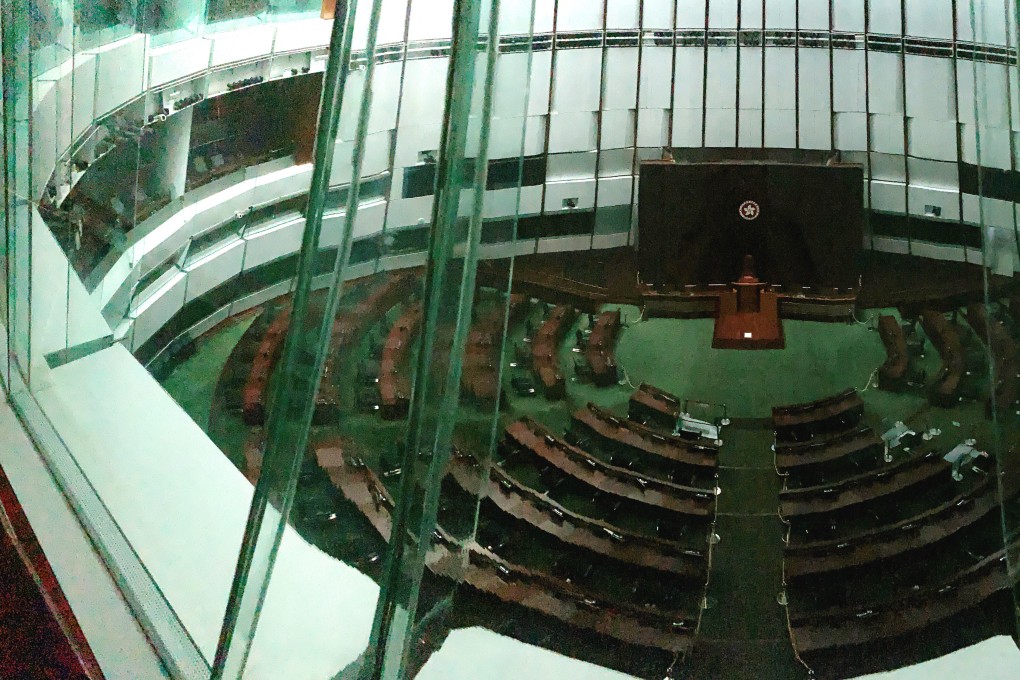Opinion | Legco elections: why the government has failed to make a case for the extraordinary one-year delay
- Postponing the election is based on a false contention that there is no other lawful way to cope with the threat to public health and the risk of increased Covid-19 infections
- The government has not explained why a shorter postponement is insufficient or why it cannot use existing legislative provisions to deal with the dilemma

Such discussions are understandable, but they miss the more fundamental issues. Lawyers and the public should be slow to accept that the one-year postponement is lawful and the government’s invitation to the NPC Standing Committee – to either interpret Article 69 of the Basic Law, which sets the term of office of Legco at four years, to mean five years or whatever period is necessary; or to decide to appoint an interim body to sit as Legco and transact legislative business – is constitutionally compliant.
This premise is based on the contention that there is no other lawful way to cope with the threat to public health and, more particularly, the risk of increased Covid-19 infections from holding the elections as scheduled. The premise and the underlying contention are false.
It is a fundamental right to take part in an election, whether as a voter or candidate, guaranteed by the Basic Law and the Hong Kong Bill of Rights Ordinance. It is a typical feature of autocratic governments to delay elections to maintain power for longer periods than the constitutions of their states permit.
This should not be allowed. Where the right to vote is restricted or its exercise delayed, it must be necessary to achieve a legitimate aim and the restriction must be proportional to that aim. One must not use a steam hammer to crack a nut if a nutcracker will do.

03:39
Hong Kong Legislative Council elections postponed by a year
Public health and protection from the risk of Covid-19 infections are important. To justify postponing the election, though, the government has a duty to convince the public that there are no plausible ways to minimise the public health risk which might be caused by general polling when what is at stake are the fundamental rights of citizens.

